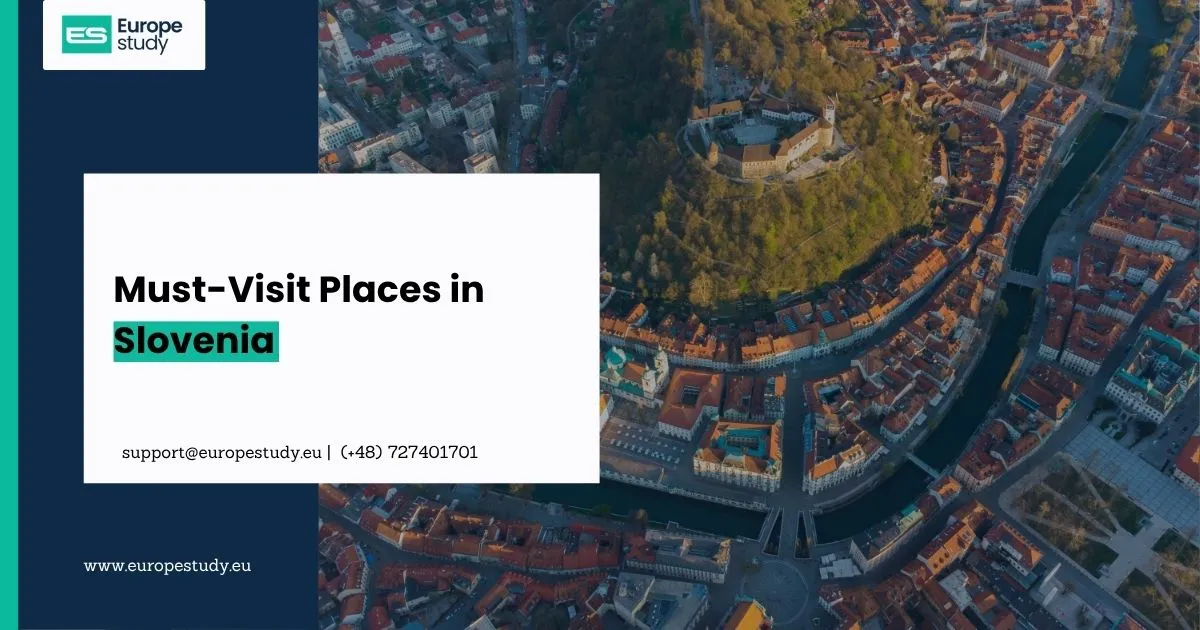
Germany Sees Surge in Study and Work Visas, Tightens Asylum Policies
Germany is solidifying its status as a leading destination for international students and skilled workers, as recent data shows a major rise in both study and work visas issued over the past four years.
According to figures released by the German Interior Ministry, the number of study visas granted between 2021 and 2024 increased by nearly 43 percent. In 2021, authorities issued about 63,000 visas for study purposes. By 2024, that figure rose sharply to 90,000, Schengen.News reports.
The number of work visas has grown even more dramatically. Work visa approvals jumped by 77.3 percent during the same period, climbing from 97,000 in 2021 to 172,000 in 2024. This makes work visas the most commonly issued type of visa by German authorities.
German Interior Minister Nancy Faeser highlighted these developments during a recent presentation, emphasizing Germany’s success in three critical areas: boosting skilled worker immigration, fighting human smuggling, and reducing irregular migration.
"Migration policy is not for wiseguys, but a management task that must be tackled persistently. The figures speak for themselves: We have increased skilled immigration by 77 per cent since 2021," Minister Faeser stated.
Despite these positive trends in study and work visas, Germany has tightened its approach to asylum. The number of approved asylum applications has fallen sharply, with a year-on-year decrease of 34.2 percent. Preliminary figures from January to March 2025 reveal that 33,157 asylum applications were filed, a drop of 37 percent compared to the same period in 2024. First-time asylum applications also declined by 43 percent in the first two months of 2025 compared to the previous year.
In an effort to further refine its immigration system, Germany has introduced new policies to facilitate the integration of migrants. Language courses have been expanded to support individuals still undergoing the asylum process, and early integration services—including language training and counseling—have been offered to Ukrainian refugees.
Moreover, the government has revised its Skilled Immigration Act to prioritize professional experience, making it easier for qualified foreign workers to enter the labor market. Citizenship laws have also been updated to simplify the naturalization process for long-term residents. However, stricter rules apply to applicants with anti-democratic or extremist beliefs, who may now face disqualification from citizenship.
With these changes, Germany continues to encourage the immigration of skilled professionals while taking a firm stance on irregular migration and asylum policies.
Source: Schengen.News, German Interior Ministry





